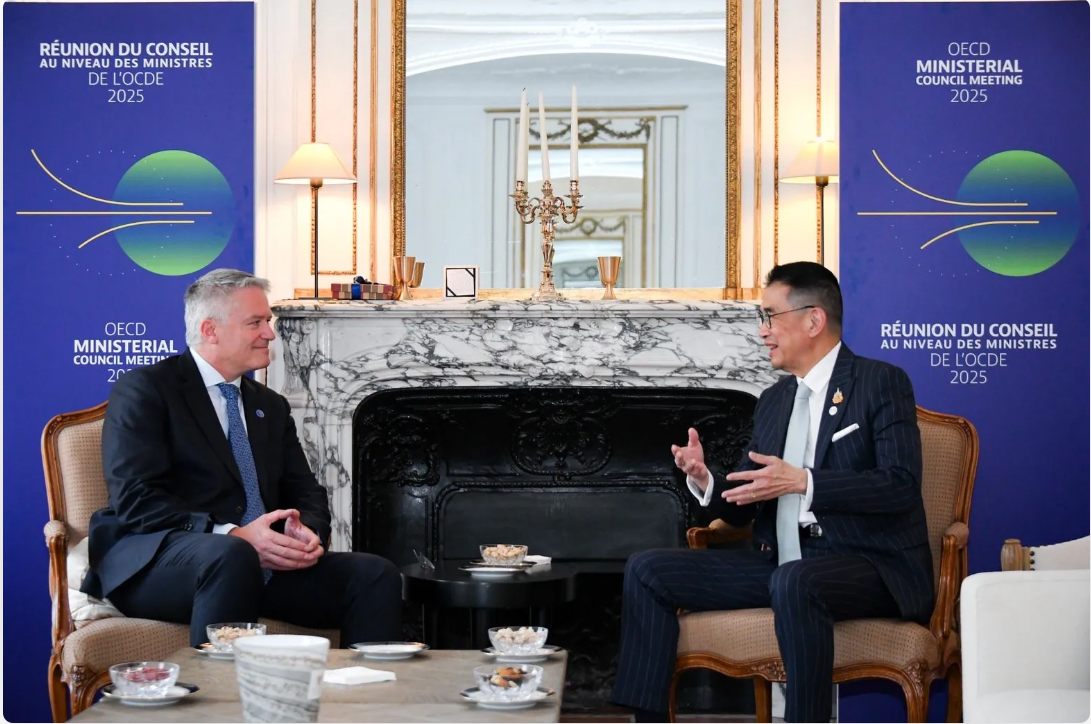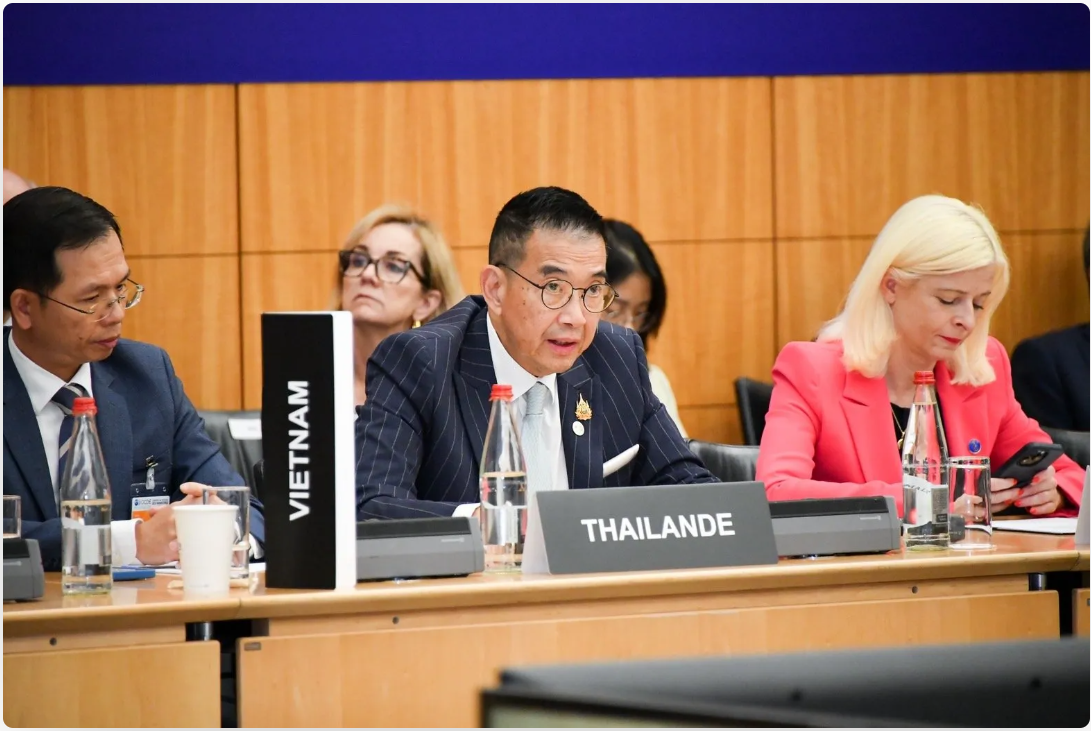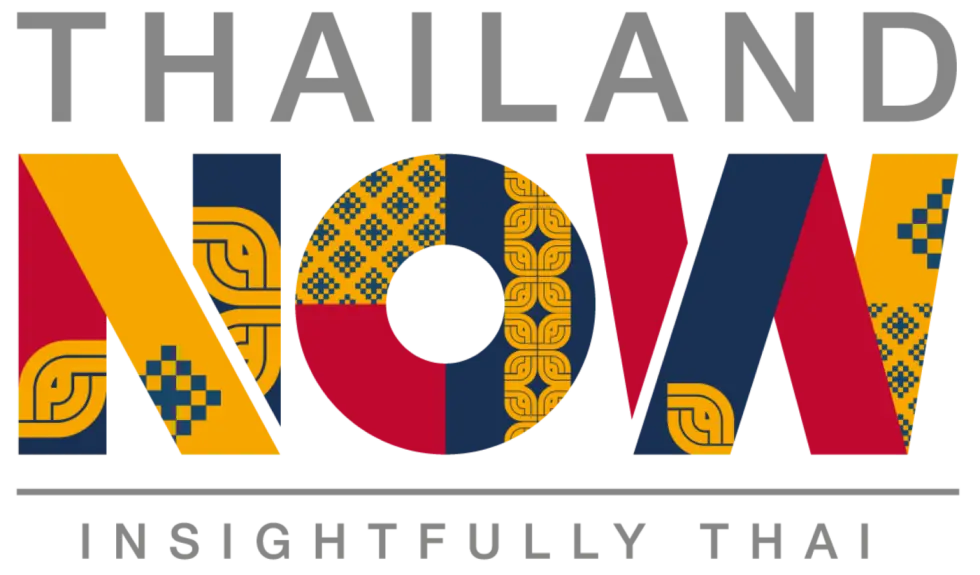Thailand charts steady course toward OECD membership by 2030
Thailand charts steady course toward OECD membership by 2030
วันที่นำเข้าข้อมูล 29 ก.ค. 2568
วันที่ปรับปรุงข้อมูล 29 ก.ค. 2568
With policy reform, green growth, and multilateral cooperation in focus, Thailand has signaled its long-term commitment to joining the Organisation for Economic Co-operation and Development (OECD), the world’s leading grouping for economic development.
In a series of high-level meetings in Paris, Foreign Minister Maris Sangiampongsa confirmed that the Kingdom, which is setting a target of full membership by 2030, will submit its Initial Memorandum (IM) this December as part of its official OECD accession process.
This marks the next concrete step in Thailand’s accession since the country’s OECD invitation in June 2024. The IM will outline Thailand’s current laws and policies as a basis for in-depth evaluations by 26 OECD technical committees, covering areas such as trade, investment, governance, and environmental standards.
“Looking ahead, our accession to the OECD will surely reinforce these efforts,” said Minister Maris during the OECD Ministerial Council Meeting (MCM) 2025. “By adhering to the Declaration on International Investment and Multinational Enterprises, we are embedding responsible business conduct as a core principle in our economic policies.
 OECD Secretary-General Mathias Cormann (left) speaking to Foreign Minister Maris Sangiampongsa (right). Source: Ministry of Foreign Affairs
OECD Secretary-General Mathias Cormann (left) speaking to Foreign Minister Maris Sangiampongsa (right). Source: Ministry of Foreign Affairs
Laying the groundwork for inclusive growth
Thailand’s accession roadmap aligns closely with its long-term development strategy, which targets high-income status by 2037. Speaking in Paris, Minister Maris highlighted incentives to boost green innovation and support Micro, Small and Medium Enterprises (MSMEs), which account for over 35% of Thailand’s GDP.
Recent figures reflect early progress: in 2024 alone, the Kingdom secured over US$3 billion in committed investment in low-emission sectors such as data centers, electric vehicles, and advanced electronics. Thailand’s “low-risk” classification under the EU’s Deforestation-free Regulation was also noted as a win for both environmental standards and agricultural stakeholders.
As part of the OECD process, Thailand also aims to join the OECD Anti-Bribery Convention — a move seen as central to improving corporate governance and investor confidence.
Regional bridge-builder, global reform partner
 Foreign Minister Maris Sangiampongsa speaking at the OECD Ministerial Council Meeting 2025 in Paris. Source:Ministry of Foreign Affairs
Foreign Minister Maris Sangiampongsa speaking at the OECD Ministerial Council Meeting 2025 in Paris. Source:Ministry of Foreign Affairs
Thailand has long positioned itself as a bridge between Southeast Asia and global governance institutions. As a founding member of the OECD Southeast Asia Regional Programme (SEARP), the Kingdom has served as SEARP co-chair on multiple occasions and actively promoted dialogue on sustainable development and policy harmonization.
In publicly launching Thailand’s accession process last year, OECD Secretary-General Mathias Cormann pointed to OECD accession as having a “positive transformative impact” on the reform trajectory of a country. He further noted that Thailand can bring “significant value” to the organization’s policy discussions “with unique perspectives based on its own experience, challenges and successes”.
With continued reform, strategic diplomacy, and capacity-building partnerships, Thailand’s journey toward OECD membership appears both determined and deliberate, anchored in the promise of a more resilient, inclusive, and globally integrated future.
| Source: |  |
Thailand Business Information Center in Taiwan